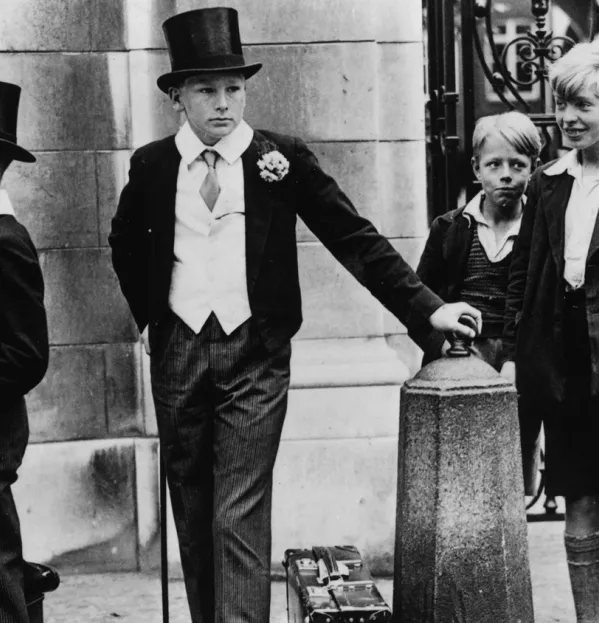Teachers at a school serving one of our least-advantaged areas were delighted when three female pupils were accepted for a prestigious course at a leading university. The pupils were congratulated and provided with useful advice and best wishes from teachers, who had gone out of their way to give them additional tuition and some after-school homework support.
But the elation was short-lived. Within 10 weeks of starting their courses, all three had dropped out of university. The intensity of study, and culture shock of university life, was just too much. All three settled for low-paid work in local care homes instead.
Concerns about the number of pupils from disadvantaged families applying for university are only part of a much wider problem. It’s not just about meeting entry requirements, but about having the financial resources, confidence, ability, perseverance, ambition and sense of adventure to fit in and enjoy university courses. Coping with university can be difficult when you come from a family and neighbourhood with little experience of higher education.
Scottish universities are trying hard to widen access by attracting more pupils from disadvantaged families. The low number of students who enter university from our poorest families is a national embarrassment, highlighting huge inequalities and a lack of social mobility.
Considerable potential
When I worked in a school in one of our poorest areas, I encountered numerous pupils with considerable potential but poor attendance records and limited application to study.
One highly-capable pupil - I’ll call her Karen - opted to work at a fast-food restaurant rather than direct her energies to studying for the distant prospect of a more rewarding career. Working part-time while at school, and then full-time after leaving, Karen had an immediate income to help support her single mother and two siblings.
One idea that would help disadvantaged pupils with academic potential, like Karen, is the payment of a generous wage that would only continue by passing exams, enrolling at university, completing assignments and attaining a degree. Our top bosses receive million-pound bonuses for reaching corporate targets, so the idea of offering more modest remuneration to disadvantaged students who meet their academic targets is not completely alien.
Other steps have already been taken to widen access to higher education, but failed to make a significant impact. Indeed, recent figures from Ucas, the university admissions body, show a fall in applications from pupils in our most deprived communities. More radical measures are undoubtedly required to help disadvantaged pupils achieve their potential.
The young people who don’t will form a sizeable pool of wasted talent. It makes sense for economic reasons - as well as for fairness and social justice - to invest more money on the disadvantaged learners whose circumstances will discourage them from achieving their full academic potential.
John Greenlees is a secondary teacher in Scotland
